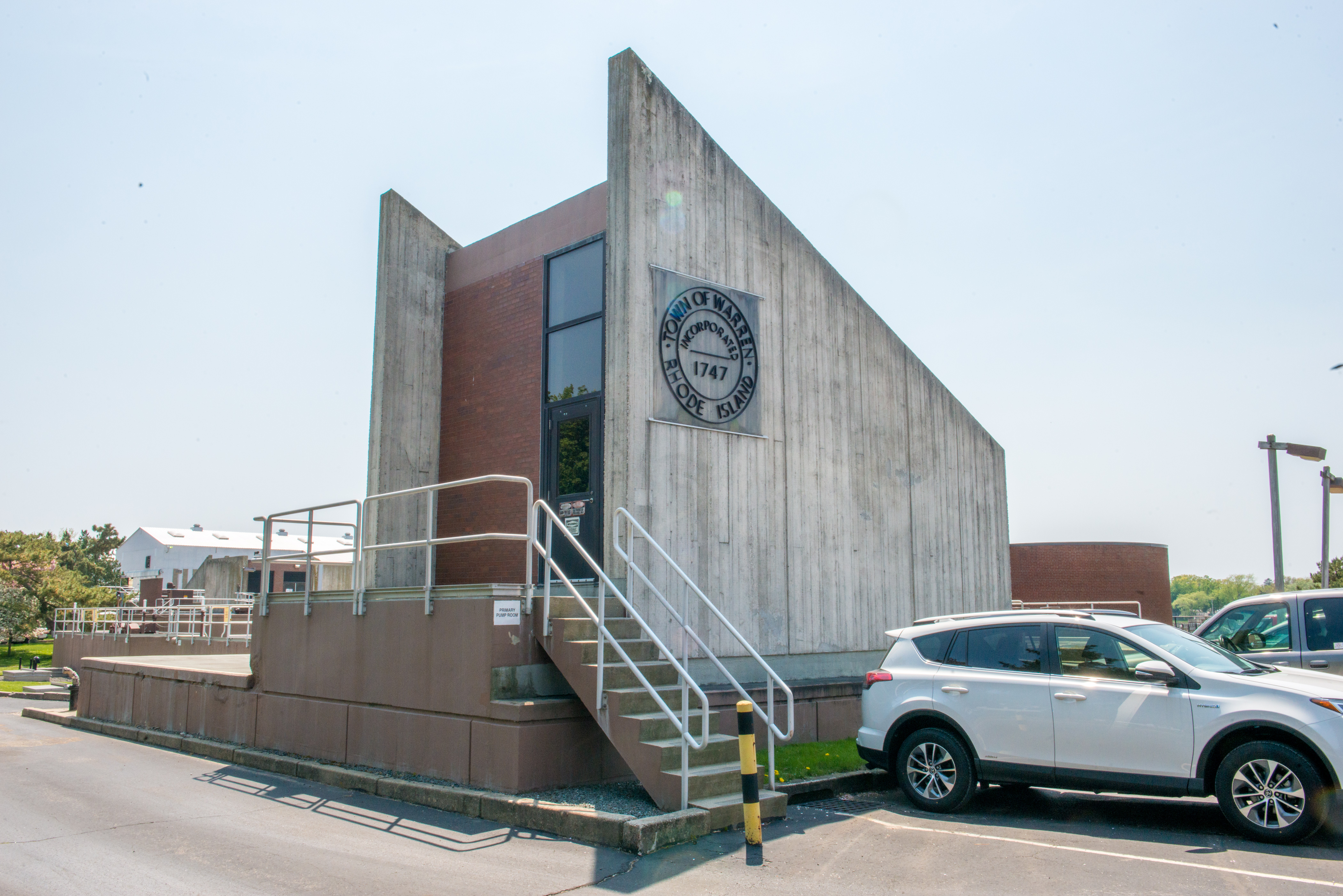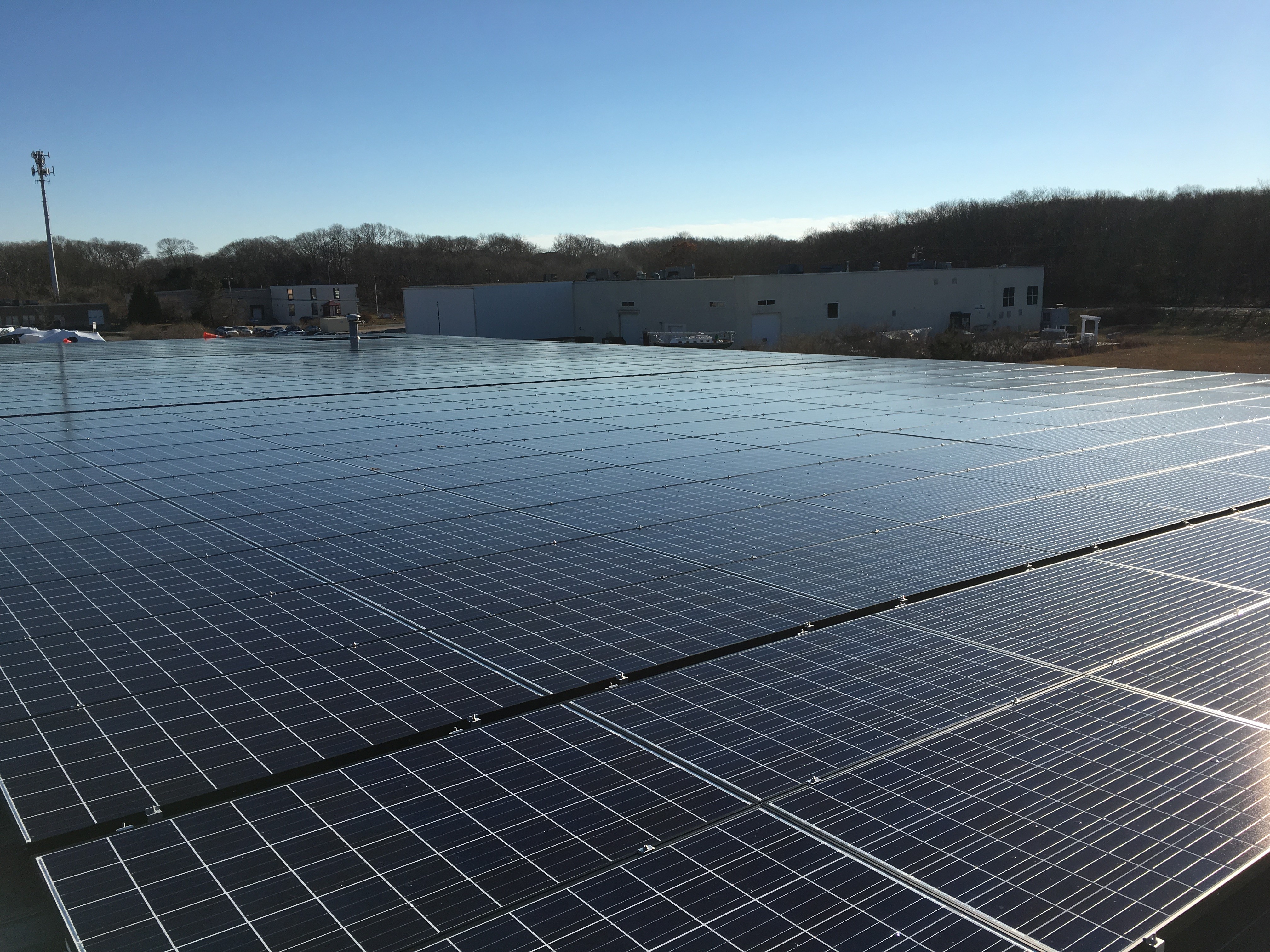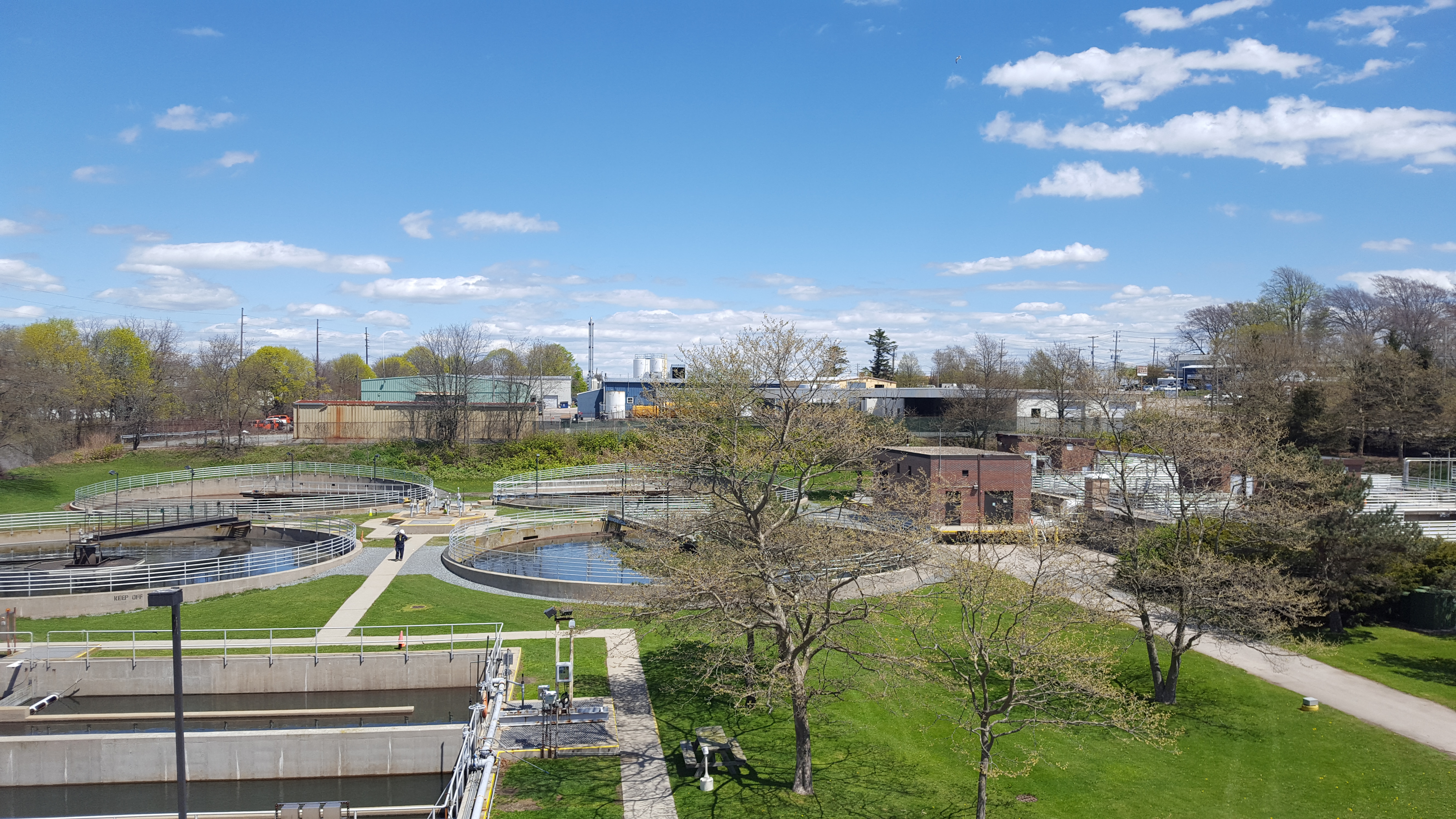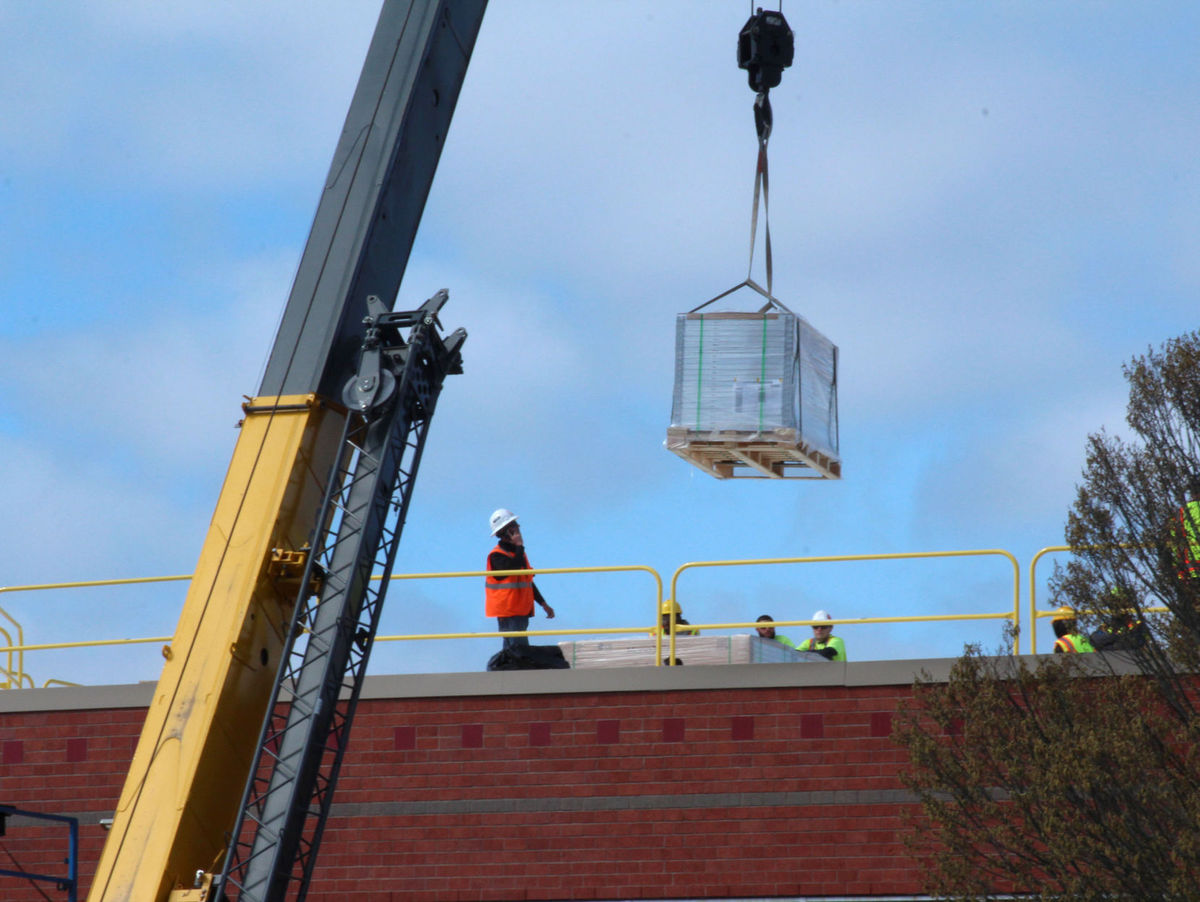Learn about Rhode Island Infrastructure Bank including our News & Press Releases, Projects, and Team.
Talk to us
Have questions? Reach out to us directly.
Learn about Rhode Island Infrastructure Bank including our News & Press Releases, Projects, and Team.
About Rhode Island Infrastructure Bank
- Total Financing
- Over $2.2 Billion
- Program Credit Ratings
- AAA/AA
- Jobs Created and Supported Through Our Financing Programs
- 62,000+
Rhode Island Infrastructure Bank is Rhode Island’s central hub for financing infrastructure improvements for municipalities, businesses, and homeowners. We efficiently leverage limited capital and offer below-market, innovative financing for an array of infrastructure-based projects including water and wastewater, transportation, energy efficiency and renewable energy, and brownfield remediation. These quality of life projects improve the State’s infrastructure, create jobs, promote economic development and enhance the environment.
Established by the Rhode Island General Assembly in 1989, the Bank’s mandate was significantly expanded in 2015 by adding energy and brownfield remediation initiatives to its existing water and transportation programs. The Bank’s expanded mandate has significantly enhanced its ability to provide competitive financing to a broader variety of infrastructure-based projects.
Image Gallery
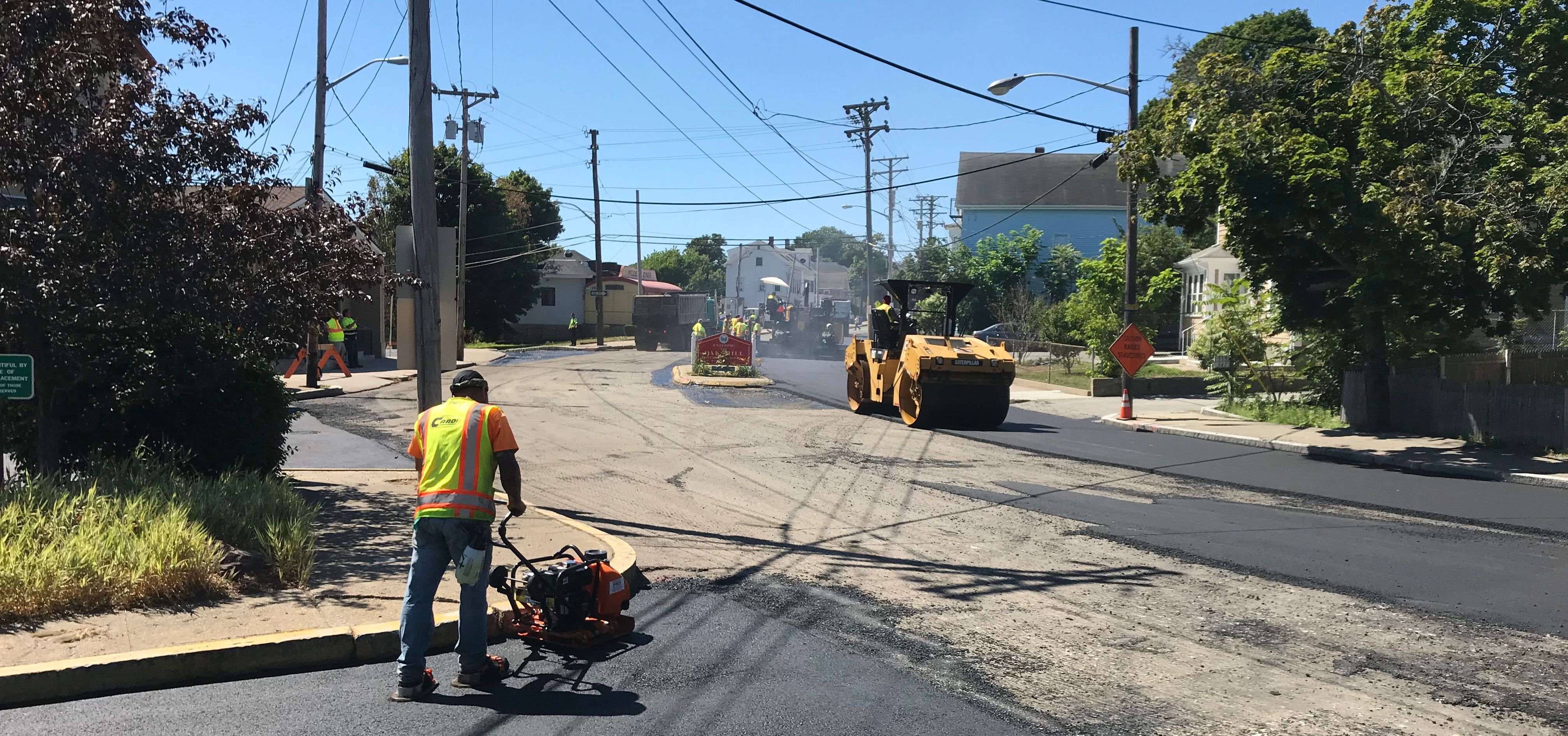
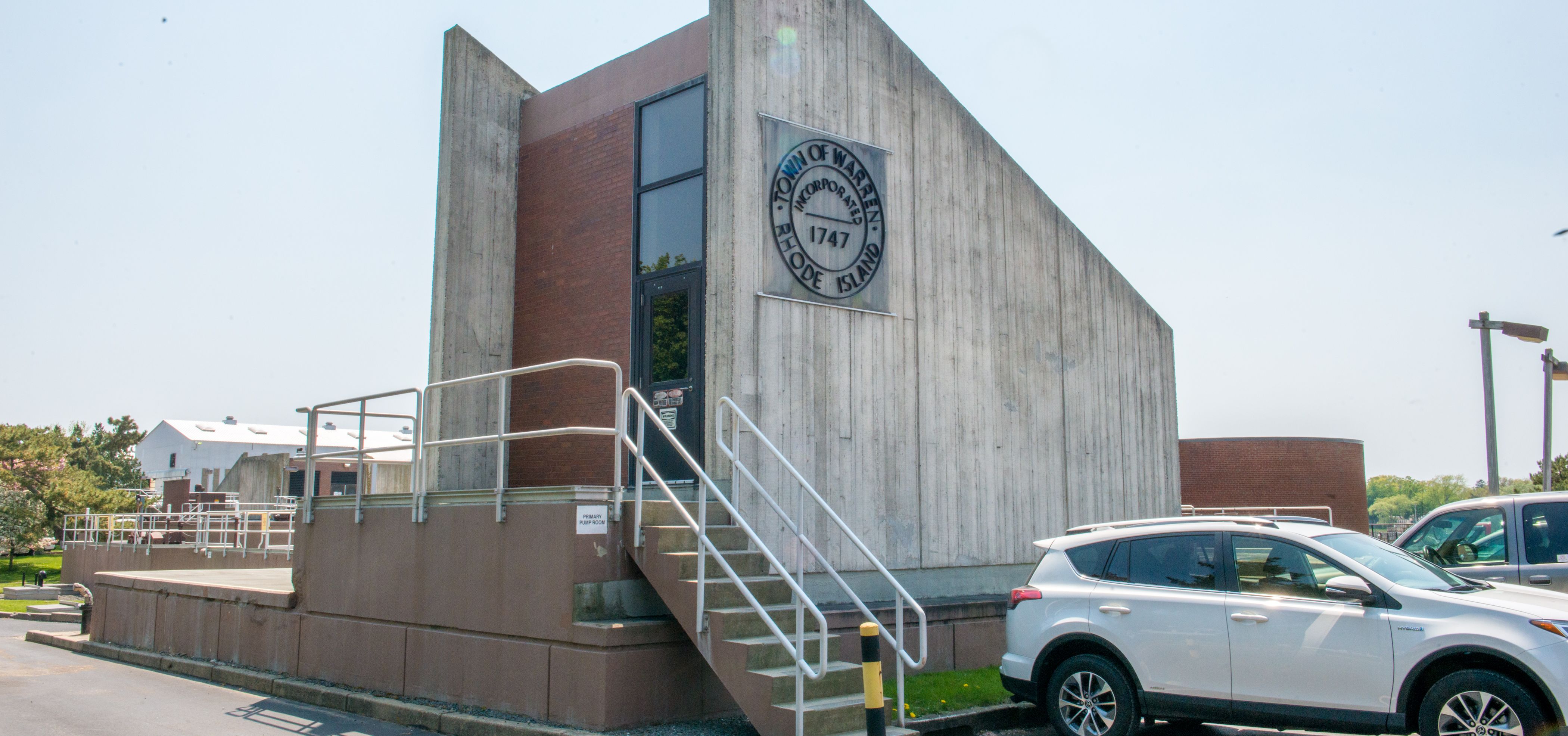

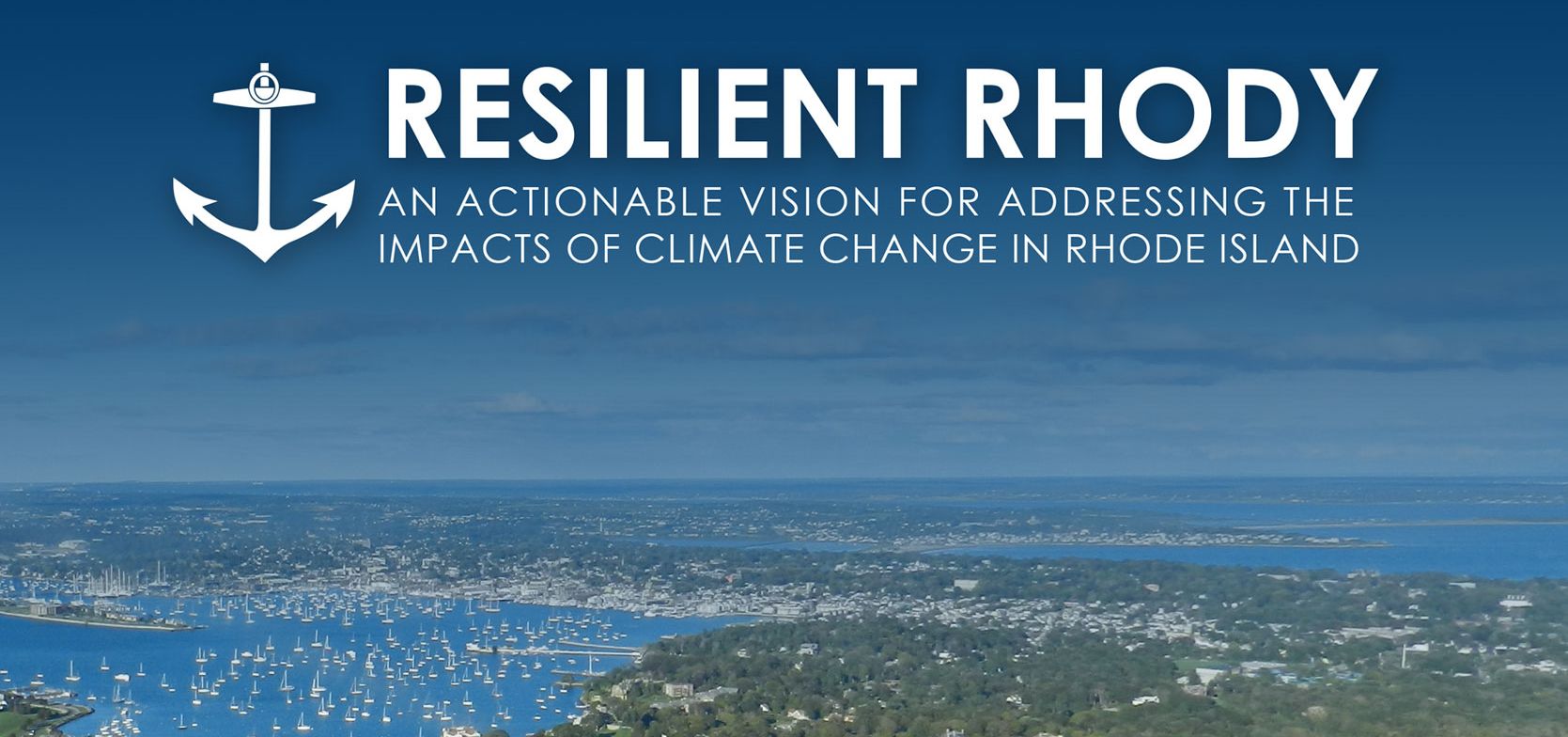
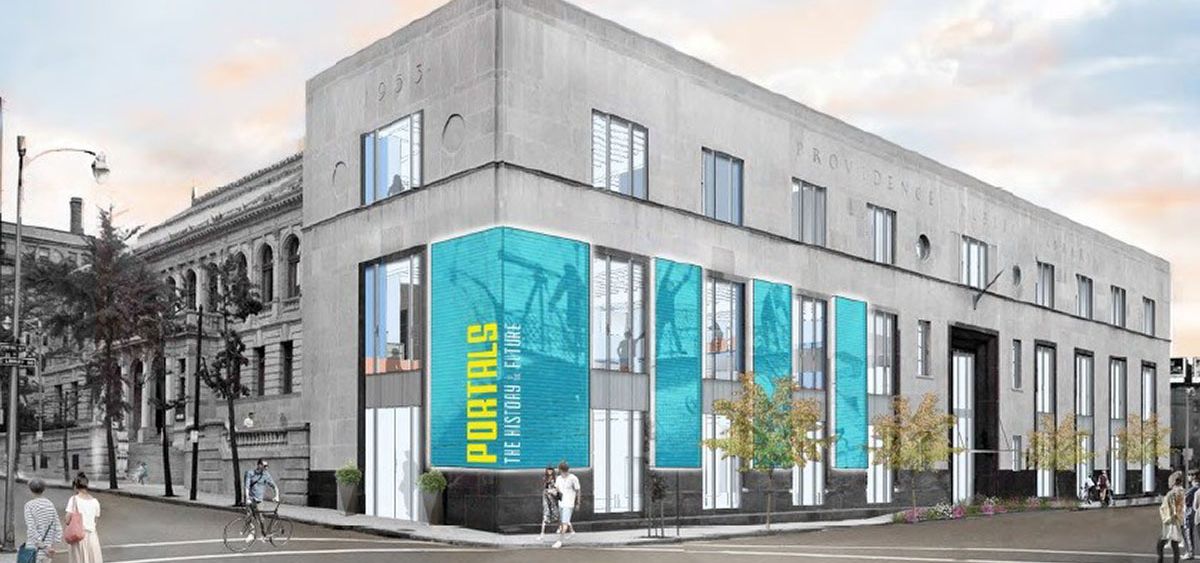
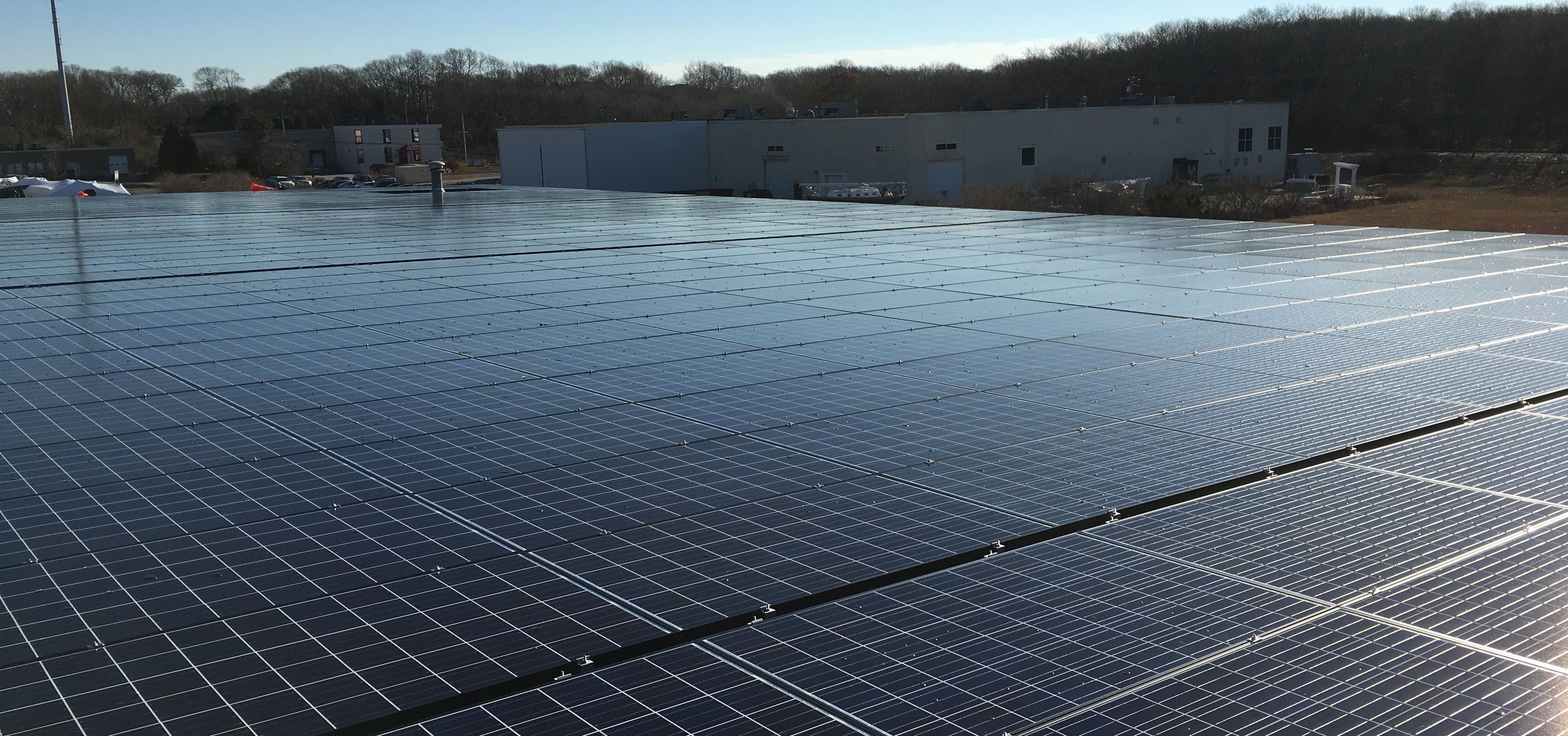
News
Please click the link below the view our news section.
PROVIDENCE, R.I. – Rhode Island Infrastructure Bank, the state’s central hub for financing infrastructure improvements for municipalities, businesses, and homeowners, has issued a $41,630,000 Clean Water State Revolving Fund bond, with $5,200,000 in principal forgiveness stemming from the Bipartisan Infrastructure Law (e.g., a grant). Bond proceeds will help finance the ongoing construction of the Narragansett Bay Commission’s Combined Sewer Overflow (CSO) Phase III project and other system infrastructure upgrades. The 30-year bond met with strong investor demand that netted an attractive overall borrowing rate of 3.93% and is rated AAA by S&P and Fitch Ratings.
“For the past 20 years, Rhode Island Infrastructure Bank has been providing low-cost financing for the Narragansett Bay Commission’s CSO project, and we’re pleased to continue that partnership with this $41 million bond to support Phase III construction and other system upgrade projects,” said William Fazioli, Executive Director. “The CSO is one of the largest infrastructure projects in Rhode Island’s history and has produced dramatic improvements in the health of Narragansett Bay. It is an excellent example of what is possible through investing in infrastructure and utilizing Rhode Island’s Clean Water State Revolving Fund program.”
“Our CSO project would not have been possible without the low-cost financing provided by the Rhode Island Infrastructure Bank,” said Narragansett Bay Commission Executive Director Laurie Horridge, Esq. “We thank the Bank for their decades-long partnership and for this latest $41 million Clean Water State Revolving Fund financing for CSO Phase III work, and other upgrades to our system infrastructure.”
“By utilizing the Bank’s capital and below market rate financing on this bond issue, Narragansett Bay Commission was able to save $24 million versus borrowing via traditional options,” said Rhode Island Infrastructure Bank Board Chair Vahid Ownjazayeri. “Including this bond, Rhode Island Infrastructure Bank has provided approximately $900 million in Clean Water State Revolving Fund financing for Narragansett Bay Commission clean water infrastructure investments. We are proud of this long-term partnership, which demonstrates the power public infrastructure investment can have in improving public health and the health of our environment.”
Since 2003, the Narragansett Bay Commission has used the Bank’s low-cost Clean Water State Revolving Fund program to complete Phase I and Phase II of the CSO project, diverting more than 1 billion gallons of combined water and wastewater that would have otherwise gone straight into Narragansett Bay, and is now treated at their Field’s Point Wastewater Treatment Facility each year. The project has helped to dramatically improve the health of Narragansett Bay.
Phase III of the Combined Sewer Overflow project, currently under construction, is a 2.2-mile long, 30-foot diameter tunnel running underneath Pawtucket and Central Falls that is expected to reduce overflow volumes by 98 percent and treat stormwater before it flows into Narragansett Bay.
The financing team that led this highly successful transaction included Ramirez & Co as Senior Managing Underwriter, Hilltop Securities as Financial Advisor, and Hinckely Allen as Bond Counsel.
PROVIDENCE, R.I. – Rhode Island Infrastructure Bank today announced that leading rating agencies Fitch and S&P have both given AAA, outlook stable credit ratings to the Bank.
“Receiving these AAA credit ratings is a testament to the strong financial foundation we have built, and Rhode Island Infrastructure Bank’s resilient fiscal condition,” said Executive Director William Fazioli. “The stable outlook also demonstrates the rating agencies’ confidence that the Board and Management will continue to enact policies and procedures that will benefit our borrowers, Rhode Island taxpayers, and ensure the Bank is able to provide a source of capital to support a clean and healthy environment for generations to come.”
“Our Clean and Drinking Water State Revolving Fund programs provide hundreds of millions of dollars in needed low cost financing for stormwater, wastewater, and drinking water projects in cities and towns across Rhode Island,” said Rhode Island Infrastructure Bank Board Chairman Vahid Ownjazayeri. “With these AAA credit ratings, Rhode Islanders can be confident that the Infrastructure Bank is highly credit worthy and extremely vigilant in the use of public funds to improve critical infrastructure in our state.”
Projects
Team
Vahid Ownjazayeri
Talk to us
Have questions? Reach out to us directly.


